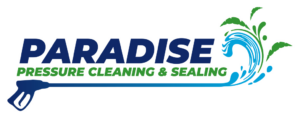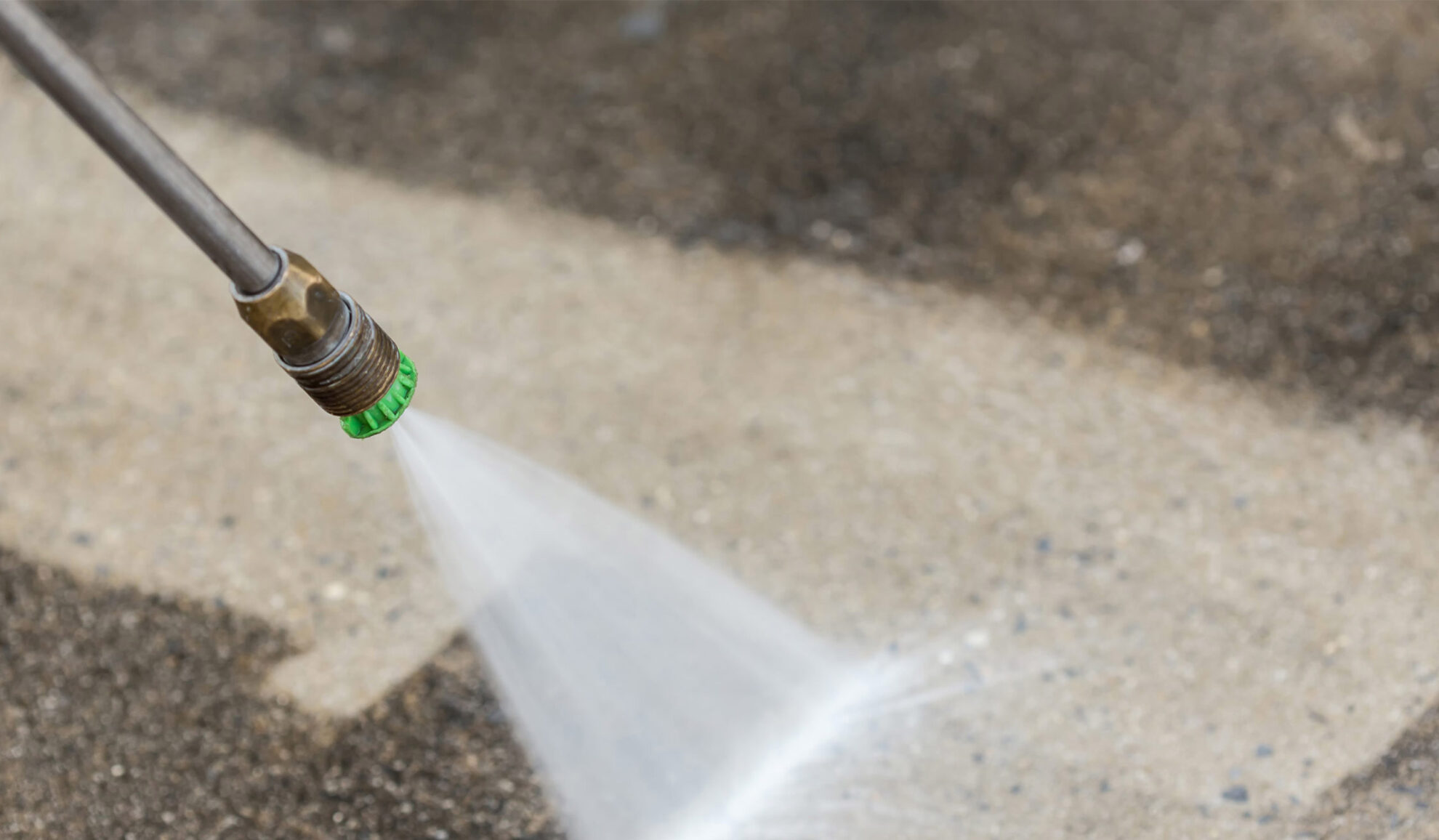FAQS
Paver Sealing
-
A: Paver sealing helps protect your pavers from stains, color fading, and weed growth. It also enhances their appearance and makes maintenance easier.
-
A: The frequency of sealing depends on factors like weather conditions and foot traffic. Generally, it’s recommended to seal pavers every 2-3 years, but high-traffic areas may require more frequent sealing.
-
A: While sealing pavers may seem like a DIY project, it’s often best to hire a professional. They have the expertise, equipment, and high-quality sealants to ensure a proper and long-lasting seal.
-
A: The choice of sealant depends on the type of pavers you have. Common sealant options include solvent-based acrylic sealers, water-based acrylic sealers, and penetrating sealers. A professional can recommend the best option for your specific needs.
-
A: The duration of the sealing process depends on various factors such as the size of the area, the condition of the pavers, and weather conditions. Typically, it can take anywhere from a few hours to a couple of days.
-
A: Sealants can enhance the natural color of your pavers, giving them a richer and more vibrant appearance. However, they won’t drastically change the color unless you opt for a tinted sealant.
-
A: The drying time for sealants can vary, but usually, you should wait for at least 24-48 hours before using the sealed pavers. This allows the sealant to fully cure and provide maximum protection.
-
A: Yes, sealing your pavers can help inhibit weed growth. The sealant forms a barrier that reduces the chance of weeds taking root in the gaps between the pavers.
-
A: Yes, you can pressure wash sealed pavers, but it’s important to use a low-pressure setting and a wide-angle nozzle to avoid damaging the sealant. It’s best to consult with professionals for specific instructions.
-
A: The lifespan of a sealed paver surface depends on various factors, including the quality of the sealant used, weather conditions, and maintenance practices. However, a well-sealed surface can last for several years before needing resealing.
Remember that these answers serve as a general guide, and it’s always recommended to consult with professionals who specialize in paver sealing for specific advice related to your unique situation.
Pressure Washing
-
A: Pressure washing is a cleaning method that utilizes high-pressure water to remove dirt, grime, mold, mildew, and other contaminants from various surfaces. It is an effective and efficient way to restore the appearance of your property, improve curb appeal, and maintain its value.
-
A: Pressure washing is suitable for a wide range of surfaces, including driveways, sidewalks, decks, fences, siding, patio furniture, and more. It can be used on materials such as concrete, wood, brick, vinyl, and metal, among others.
-
A: While pressure washing is generally safe, certain delicate surfaces like stucco, older brickwork, or fragile wood may require special care. A professional pressure washing service will assess the surface and adjust the pressure and technique accordingly to ensure no damage occurs.
-
A: Pressure washing can be done by homeowners, but hiring a professional service is often recommended. Professionals have the knowledge, experience, and specialized equipment to handle different surfaces effectively and safely, minimizing the risk of damage.
-
A: The frequency of pressure washing depends on various factors such as climate, location, and the level of dirt and contaminants. As a general guideline, it is recommended to have your property pressure washed once a year or whenever you notice a significant build-up of dirt, mold, or other pollutants.
These answers provide general information about pressure washing services. Remember to consult with professionals in the field for specific advice tailored to your property and its unique cleaning needs.
Get In Touch
If you have any questions about our services, give us a call or fill out our online contact form to be reached by one of our technicians as soon as possible.



